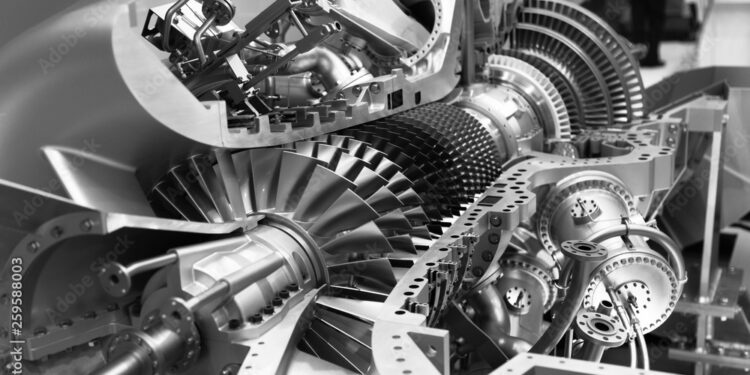Carbon components have emerged as the cornerstone of modern engineering and manufacturing, revolutionizing industries with their lightweight, durable, and high-performance properties. In this article, we delve into how France has positioned itself at the forefront of carbon component innovation, driving advancements in various sectors from aerospace to renewable energy. Let’s explore how France’s rich tradition of engineering excellence and commitment to sustainability have propelled it to the forefront of the carbon component revolution.
The Evolution of Carbon Components
Carbon components have a rich history dating back to the early 20th century when carbon fibers were first developed for industrial use. Since then, significant strides have been made in carbon composite technology, leading to their widespread adoption across industries. Today, carbon components play a crucial role in aerospace, automotive, renewable energy, and sports sectors, offering unparalleled strength-to-weight ratio and versatility.
France’s Innovation Ecosystem
France boasts a vibrant innovation ecosystem that nurtures the development of cutting-edge technologies, including carbon components. Government initiatives, such as research grants and tax incentives, support R&D activities. While collaboration between academia, research institutions, and industry players fosters knowledge exchange and innovation. This collaborative approach has paved the way for breakthroughs in carbon composite technology, positioning France as a global leader in the field.
Cutting-Edge Applications of Carbon Components in France
In France, carbon components find extensive applications across various industries, showcasing their versatility and performance capabilities.
Aerospace Industry: France’s aerospace sector leverages carbon composites to enhance the performance and efficiency of aircraft. Carbon fiber-reinforced composites are used in aircraft structures, reducing weight and fuel consumption while maintaining structural integrity and safety standards.
Automotive Industry: French automakers integrate carbon component into high-performance vehicles to improve fuel efficiency, agility, and crash resistance. Carbon fiber-reinforced polymers are used in car bodies, chassis, and interior components. Offering superior strength and stiffness compared to traditional materials.
Renewable Energy Sector: France is at the forefront of renewable energy innovation, harnessing carbon components to enhance the efficiency and reliability of wind turbines and solar panels. Carbon fiber blades for wind turbines are lightweight yet durable, increasing energy capture and reducing maintenance costs. Similarly, carbon-based materials are used in the construction of solar panels, improving their efficiency and longevity.
Sports and Recreation: Carbon components are ubiquitous in the sports and recreation industry, powering performance-enhancing equipment such as bicycles, tennis rackets, and golf clubs. French athletes and enthusiasts benefit from the lightweight and responsive nature of carbon-based products. Gaining a competitive edge on the field or track.
Sustainable Practices in It’s Production
France is committed to sustainable manufacturing practices. Ensuring that the production of carbon components minimizes environmental impact and maximizes resource efficiency. Companies employ innovative techniques such as recycled carbon fibers, bio-based resins, and energy-efficient processes to reduce carbon footprint. And promote eco-friendly production methods. These initiatives align with France’s broader commitment to sustainability and environmental stewardship.
Challenges and Future Outlook
Despite significant advancements, the carbon component industry faces challenges such as cost constraints, scalability issues, and recycling concerns. However, ongoing research and development efforts aim to address these challenges and unlock new opportunities for growth and innovation. Looking ahead, the future of carbon components in France appears promising, with continued investment in R&D, collaboration, and sustainable practices driving further advancements and applications across industries.
Conclusion
France’s leadership in carbon component innovation underscores its commitment to technological excellence and sustainability. By leveraging cutting-edge materials and manufacturing techniques, France is shaping the future of industries ranging from aerospace to renewable energy. As the global demand for lightweight, durable, and eco-friendly solutions continues to grow. France’s expertise in carbon components positions it as a key player in driving innovation and shaping a more sustainable future.




























































